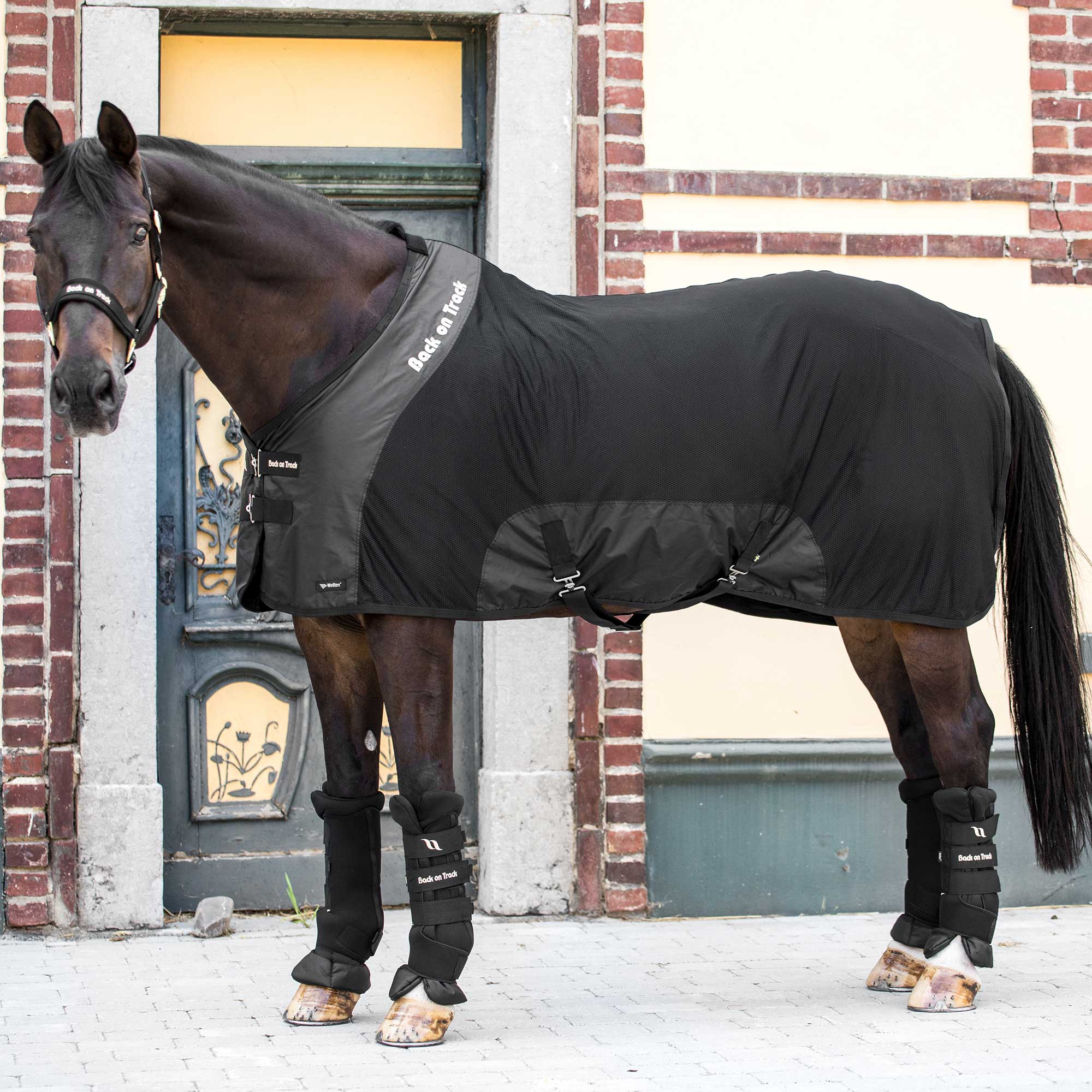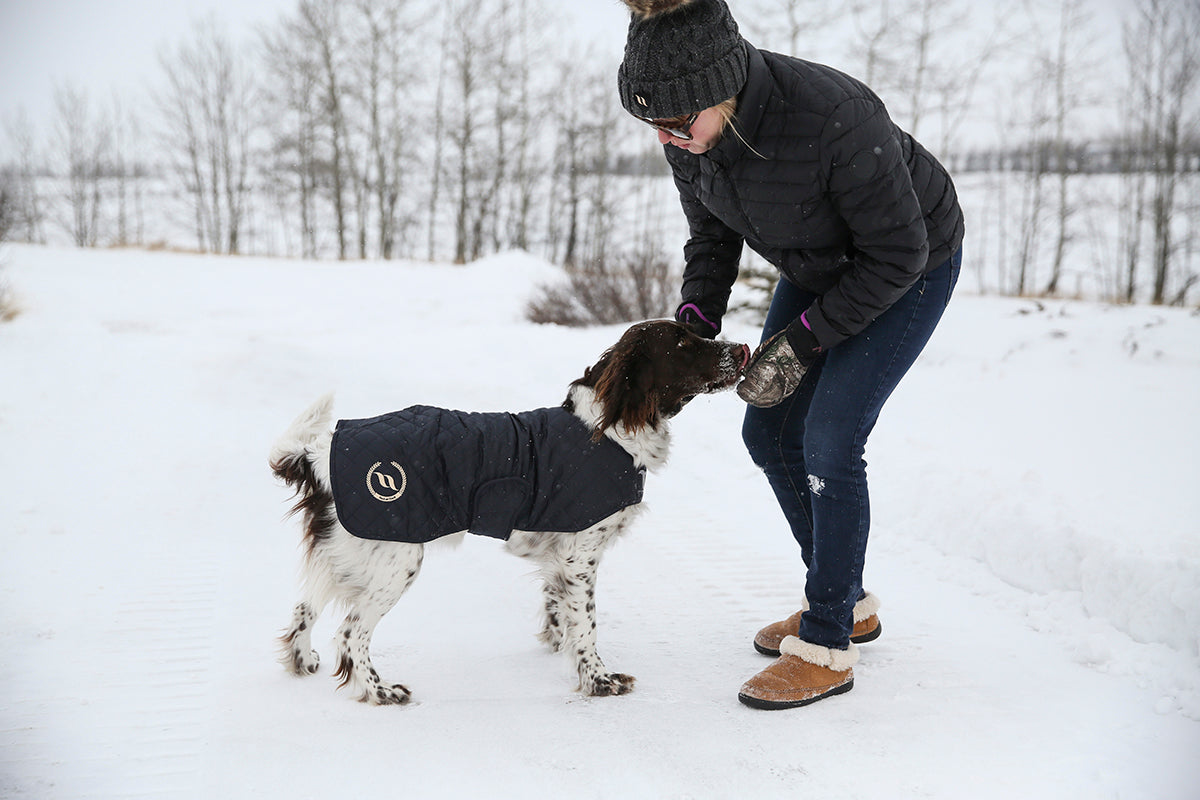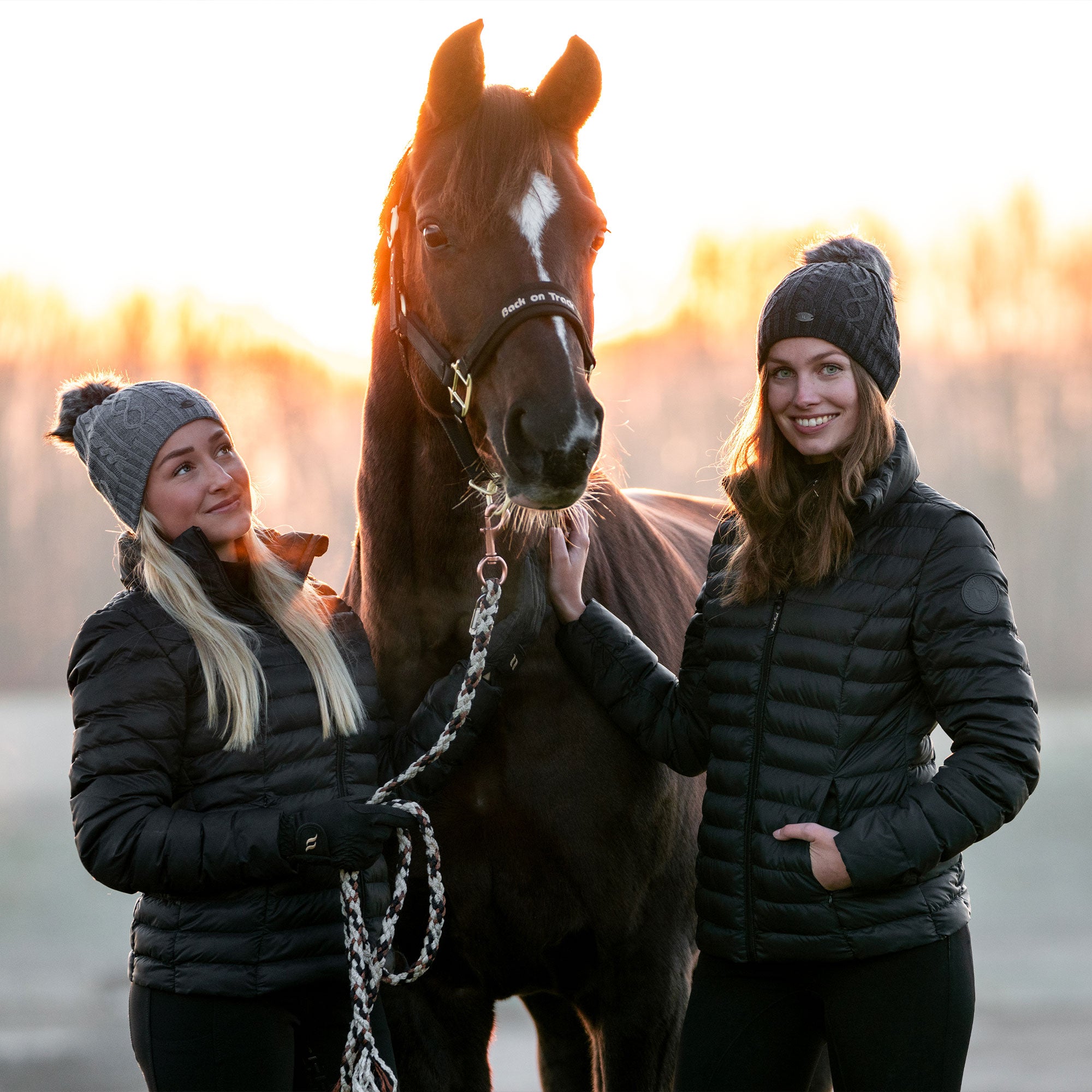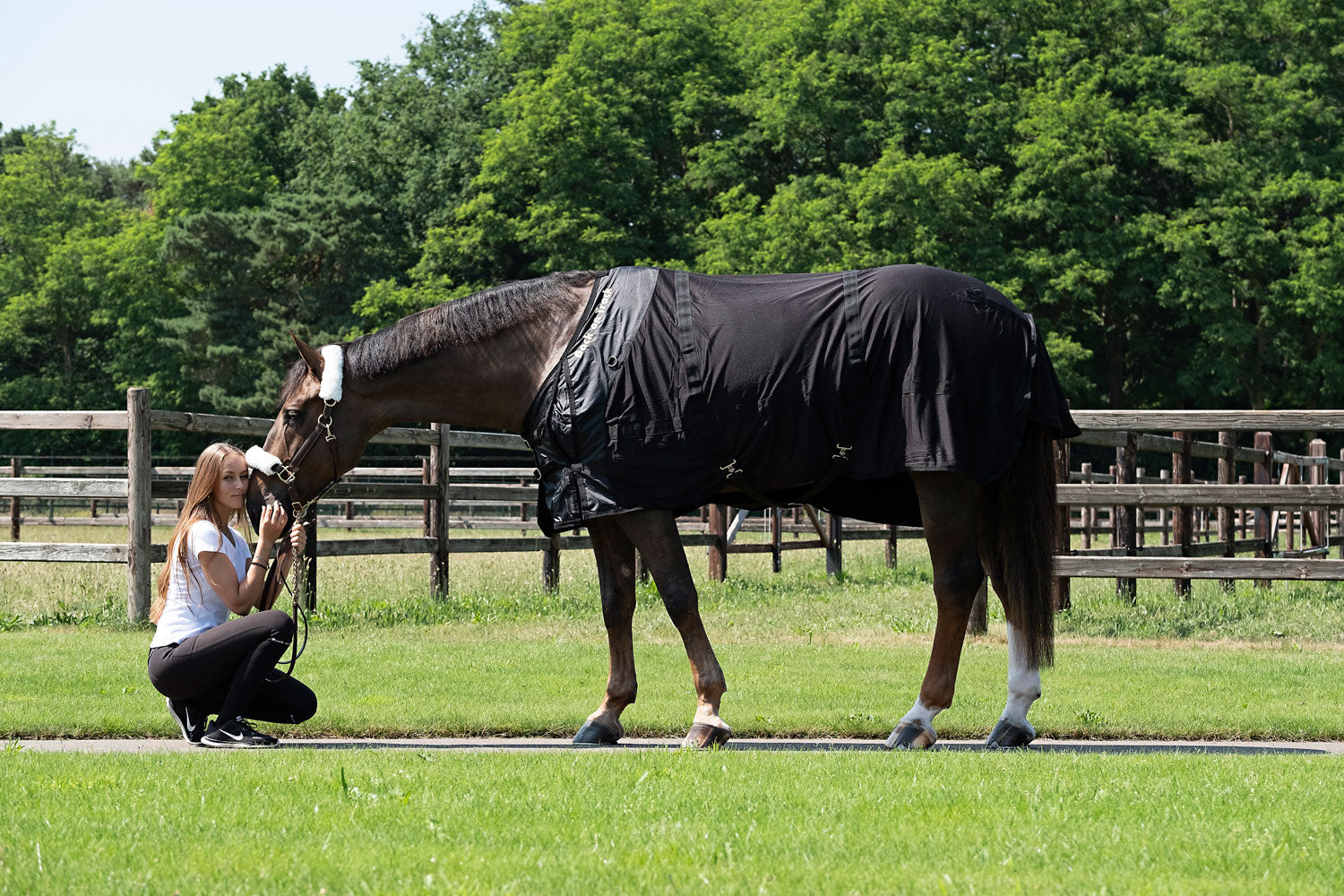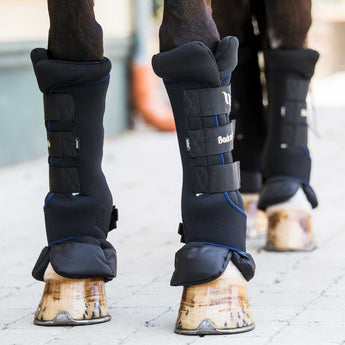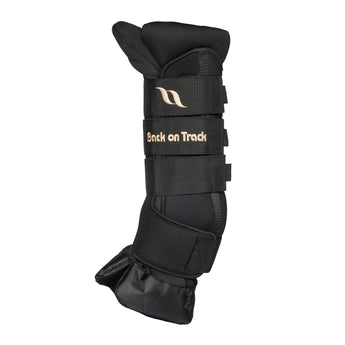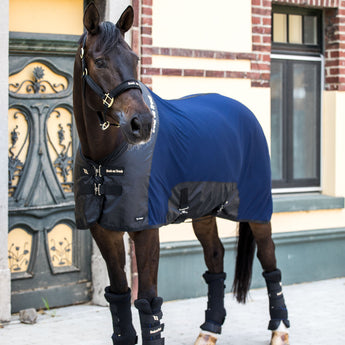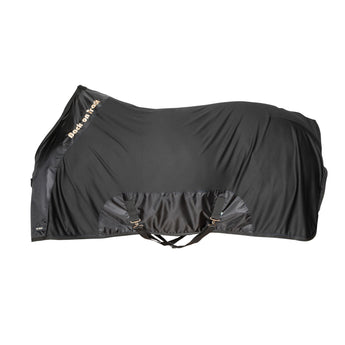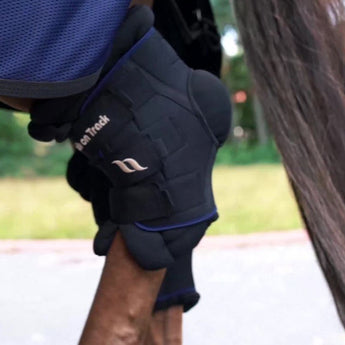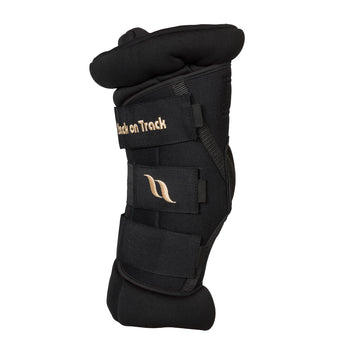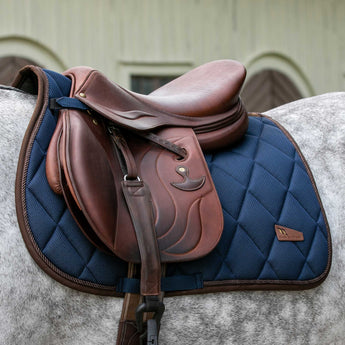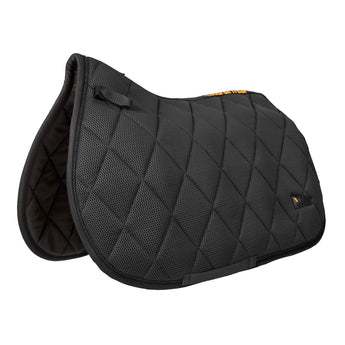What Should I Look Out For?
Again, horses tend to be somewhat prone to illness and injury. This is in part due to how their bodies are made up. It’s difficult for a horse to lay down for an extended period of time — there’s a reason why they sleep standing up. As large animals, horses put a lot of weight on their legs. When they lay down, their weight makes it difficult for their hearts and lungs to work properly. However, the weight on their legs also makes it hard for them to balance — they’re surprisingly fragile, and prone to tripping or otherwise hurting themselves. Therefore, it’s important to look out for any signs of limping, which is also called lameness. Another issue that can come up with horses is colic. Colic is essentially an abdominal pain problem, but can hint at a deeper illness in the horse. Colic can be caused by everything from minor parasites, to gas buildup, and even a tumor. It’s one of the biggest problems that horse owners can encounter, as it’s difficult to diagnose — and a horse that suffers from one of the more severe causes of colic may need to be put down. Symptoms of colic include a horse being unable to relax, biting at its stomach, excessively pawing at the ground, or an inability to defecate. Fortunately, though there are many issues which may cause you to seek veterinary help for your horse, there are treatments available, as well as preventative measures that can be taken.
What Can I Do To Prevent Health Problems?
Perhaps one of the biggest overlooked problems areas for a horse is its ears — and fortunately, horse caps are available to help with that issue. Horse caps are essentially bonnets that slide over the horse’s ears. Horse caps are often used in hotter, more humid areas, and can help not only with the horse’s physical health, but its emotional well-being. Essentially, horse caps prevent flies from biting the horse’s sensitive ears, which in turn prevents infection or irritation. They also can help prevent sun damage to the horse’s ears, where the skin is particularly sensitive. These are often seen on horses that travel for competitions. You’ll also see horse owners use horse wraps, knee boots for horses, and horse covers for these purposes. Some are made for more specific purposes, like horse polo wraps, made specific for polo jumpers. With that being said, if your horse is already experiencing health problems, don’t give up hope.
What Happens If My Horse Is Already Sick?
Always consult with a vet if your horse is experiencing health issues. Thanks to products like knee braces and hock wraps, many horses can recover from injuries. It requires a lot of work and rehabilitation — something as simple as a bowed tendon may require 8 to 10 months of recovery time. But if you put the time and effort into working with your horse, you can move beyond its injuries.

